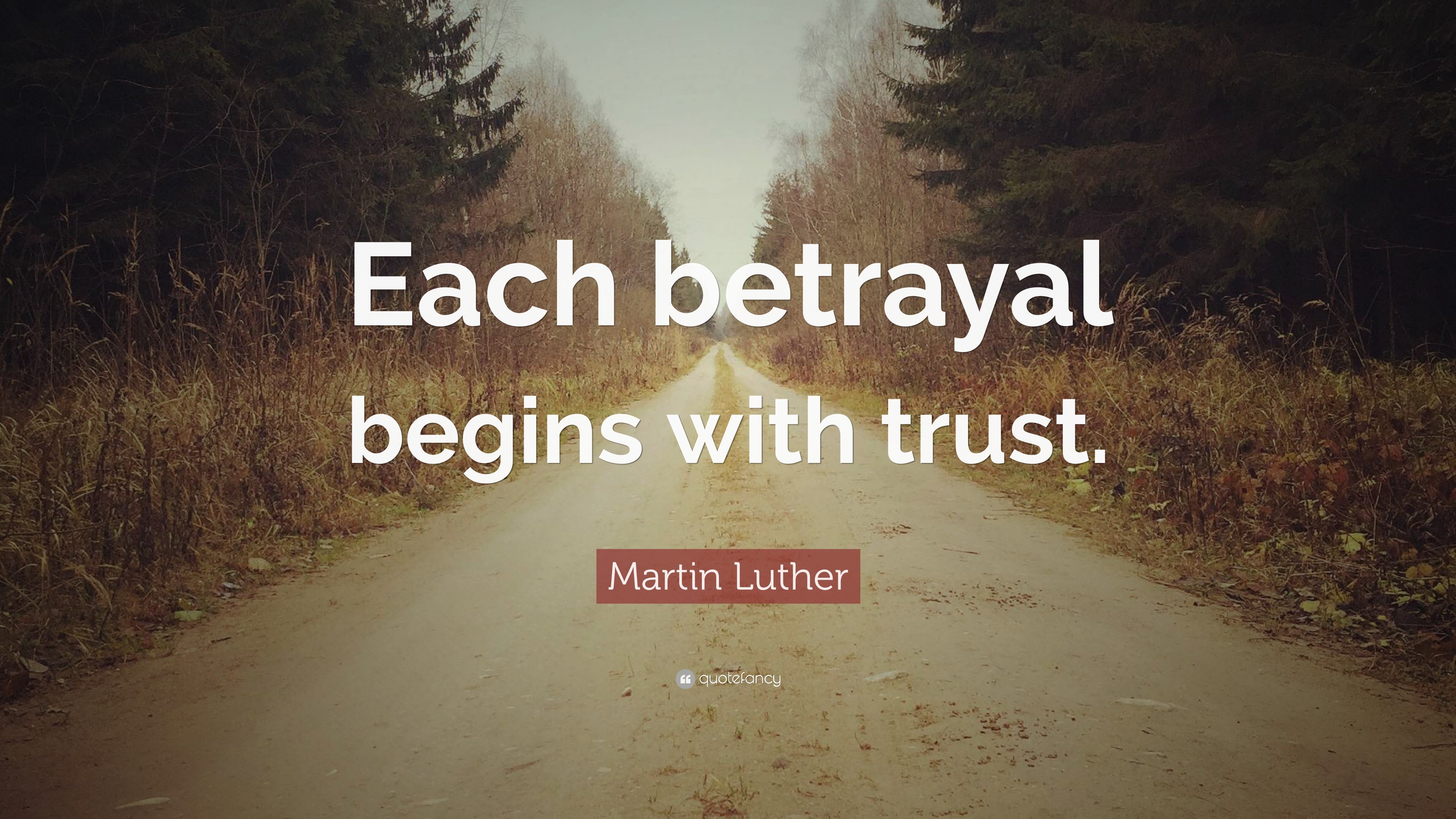House Built On Tears: Exploring The Meaning Of Betrayal In Relationships
Picture this: You've built your life, your dreams, and your future with someone you trusted completely. But what happens when that trust is shattered? That's exactly what the phrase "house built on tears" represents – relationships that crumble under the weight of betrayal. This isn't just about broken promises; it's about the emotional foundation that collapses when trust is betrayed. So, let's dive into what this really means and how it impacts our lives.
We've all heard the phrase "trust is the foundation of any relationship," but what happens when that foundation cracks? The concept of a "house built on tears" perfectly captures the emotional devastation that follows betrayal. It's not just about hurt feelings; it's about the deep, lasting impact betrayal can have on relationships. Whether it's a romantic partnership, a friendship, or even a family bond, betrayal can leave lasting scars.
In this article, we'll explore the meaning behind "house built on tears" and how betrayal affects relationships. We'll break down the emotional dynamics, offer insights, and provide guidance for those who've experienced this kind of pain. So, buckle up, because we're about to unpack some heavy truths about trust, betrayal, and healing.
- Aagmaal Today Your Ultimate Guide To Understanding The Latest Buzz
- Tamilblasters Tw Your Ultimate Destination For Tamil Cinema
Understanding the Concept of "House Built on Tears"
When we talk about a "house built on tears," we're not just talking about a metaphorical structure. We're talking about the emotional and psychological investment we make in relationships. It's like building a home – you start with a solid foundation, add walls of trust, and create a space where love and understanding can flourish. But what happens when that foundation is compromised?
The Emotional Foundation of Relationships
Every relationship starts with a foundation of trust. This trust is built over time through shared experiences, communication, and mutual respect. When this foundation is strong, relationships thrive. But when betrayal enters the picture, it's like pouring acid on that foundation. Suddenly, the walls start crumbling, and the entire structure is at risk.
- Trust is the cornerstone of any relationship.
- Betrayal undermines this trust, leading to emotional instability.
- Rebuilding after betrayal requires effort, patience, and sometimes professional help.
What Does Betrayal Look Like in Relationships?
Betrayal isn't always as obvious as infidelity or deceit. Sometimes, it's the little things that add up over time – the lies, the broken promises, the lack of transparency. These actions may seem small individually, but collectively, they can destroy the emotional foundation of a relationship.
- 300mb Movie Your Ultimate Guide To Streaming And Downloading Movies In Perfect Quality
- Unveiling The World Of Moviesda Your Ultimate Guide To Wwwmoviesdacom 2024
Common Forms of Betrayal
Let's break down some of the most common forms of betrayal in relationships:
- Infidelity: The most obvious form of betrayal, but not always the most common.
- Deception: Lying about important matters or withholding the truth.
- Emotional Betrayal: Ignoring emotional needs or showing favoritism to others.
- Betrayal of Trust: Breaking promises or failing to keep confidences.
Each of these forms of betrayal can have a profound impact on the individuals involved and the relationship as a whole.
The Psychological Impact of Betrayal
Betrayal isn't just an emotional experience; it's a psychological one too. When someone you trust betrays you, it can lead to feelings of confusion, anger, and even self-doubt. It's like being punched in the gut – you're left reeling, trying to make sense of what just happened.
Emotional Reactions to Betrayal
Here are some common emotional reactions people experience after being betrayed:
- Shock: "How could this happen?"
- Anger: "How could they do this to me?"
- Sadness: "I thought we had something special."
- Self-Doubt: "Was it something I did?"
These emotions are completely normal, but they can be overwhelming if not addressed properly.
Rebuilding After Betrayal
So, what happens after the dust settles? Can a relationship survive betrayal? The short answer is yes, but it takes work. Rebuilding trust after betrayal isn't easy, but it's possible with the right approach.
Steps to Rebuilding Trust
- Open Communication: Talk about what happened and how it made you feel.
- Accountability: The person who caused the betrayal must take responsibility for their actions.
- Patience: Healing takes time, and rushing the process can lead to further hurt.
- Professional Help: Sometimes, therapy or counseling is necessary to work through deep emotional wounds.
Remember, rebuilding trust isn't just about fixing the relationship; it's about healing yourself too.
Preventing Future Betrayal
While we can't control the actions of others, we can take steps to protect ourselves from future betrayal. This involves setting boundaries, practicing transparency, and being aware of red flags in relationships.
Red Flags to Watch For
- Inconsistency: If someone's actions don't match their words, it could be a sign of trouble.
- Lack of Transparency: Avoiding important conversations or being secretive.
- Manipulation: Using guilt or fear to control the relationship.
By recognizing these red flags early, you can take steps to protect yourself from potential betrayal.
The Role of Forgiveness in Healing
Forgiveness is a powerful tool in the healing process, but it's not always easy. Forgiving someone who has betrayed you doesn't mean forgetting what happened; it means letting go of the anger and resentment that can hold you back.
Why Forgiveness Matters
Here's why forgiveness is important in the healing process:
- Emotional Freedom: Letting go of anger can free you from emotional pain.
- Improved Relationships: Forgiveness can lead to stronger, healthier relationships.
- Personal Growth: Learning to forgive can help you grow as a person.
Forgiveness isn't always possible, and that's okay. What matters is that you take steps toward healing in a way that works for you.
Case Studies: Real-Life Examples of Betrayal
To better understand the impact of betrayal, let's look at a few real-life examples. These stories highlight the emotional complexity of betrayal and the journey toward healing.
Case Study 1: The Friend Who Turned
Meet Sarah, who trusted her best friend with her deepest secrets. When Sarah's relationship ended, her friend spread those secrets to others, causing immense emotional pain. Sarah's journey to healing involved setting boundaries and learning to trust again.
Case Study 2: The Partner Who Lied
Then there's John, whose partner lied about financial matters, leading to significant stress and mistrust. Through therapy and open communication, John and his partner were able to rebuild their relationship, but it wasn't without its challenges.
Expert Insights on Betrayal
For a deeper understanding of betrayal, we turned to experts in the field of psychology and relationships. Their insights shed light on the complexities of trust, betrayal, and healing.
Dr. Emily Carter: The Psychology of Betrayal
According to Dr. Emily Carter, a clinical psychologist specializing in relationships, betrayal is one of the most painful experiences a person can go through. "It's not just about the act itself," she says. "It's about the emotional aftermath and how it affects the individual's sense of self."
Conclusion: Moving Forward After Betrayal
So, where do we go from here? The concept of a "house built on tears" reminds us of the fragility of trust and the importance of nurturing our relationships. While betrayal can feel like the end of the world, it doesn't have to be. With the right approach, relationships can be rebuilt, and individuals can heal.
Here are some key takeaways:
- Betrayal affects relationships in profound ways, but it's possible to heal.
- Rebuilding trust requires open communication, accountability, and patience.
- Preventing future betrayal involves setting boundaries and recognizing red flags.
- Forgiveness is a powerful tool in the healing process, but it's not always necessary.
As you navigate the complexities of trust and betrayal, remember that you're not alone. Reach out to friends, family, or professionals for support. And most importantly, take care of yourself. You deserve to live in a house built on love, not tears.
Table of Contents
- Understanding the Concept of "House Built on Tears"
- What Does Betrayal Look Like in Relationships?
- The Psychological Impact of Betrayal
- Rebuilding After Betrayal
- Preventing Future Betrayal
- The Role of Forgiveness in Healing
- Case Studies: Real-Life Examples of Betrayal
- Expert Insights on Betrayal
- Conclusion: Moving Forward After Betrayal
Article Recommendations
- Hd Hub 18 Your Ultimate Guide To Premium Entertainment
- Desi 49com The Ultimate Guide To Understanding The Phenomenon



Detail Author:
- Name : Dr. Enrico Dooley
- Username : sjenkins
- Email : katrine52@runolfsson.com
- Birthdate : 1992-03-25
- Address : 10821 Reichel Cape Suite 164 Lake Giovannimouth, NV 18727
- Phone : +1-901-615-5567
- Company : Sawayn LLC
- Job : Marine Architect
- Bio : Suscipit et et fugit voluptatem veritatis ut cumque. Aut et vel quae sed. Voluptatem facilis dolores et.
Socials
twitter:
- url : https://twitter.com/jeramy5814
- username : jeramy5814
- bio : Ipsa voluptatibus aut nisi debitis nam. Earum culpa aut est possimus itaque aut. Vel cum qui et necessitatibus fugit nostrum sit.
- followers : 6818
- following : 2496
tiktok:
- url : https://tiktok.com/@jeramywisoky
- username : jeramywisoky
- bio : Maxime sint est omnis maxime ut sit perspiciatis.
- followers : 6785
- following : 1177
facebook:
- url : https://facebook.com/jeramy_official
- username : jeramy_official
- bio : Itaque hic distinctio itaque quis ut est.
- followers : 5206
- following : 2545
instagram:
- url : https://instagram.com/jeramy_wisoky
- username : jeramy_wisoky
- bio : Molestiae harum ut ea aut. Fuga accusantium et sint ut id. Saepe eos odio doloribus explicabo.
- followers : 757
- following : 1679